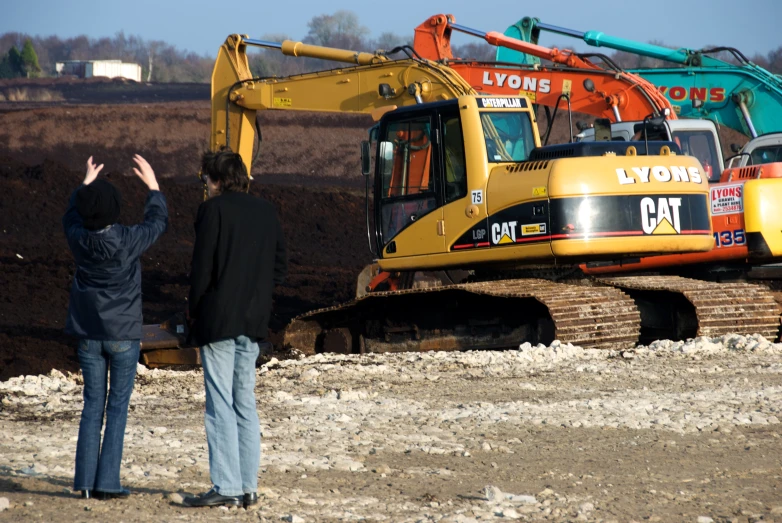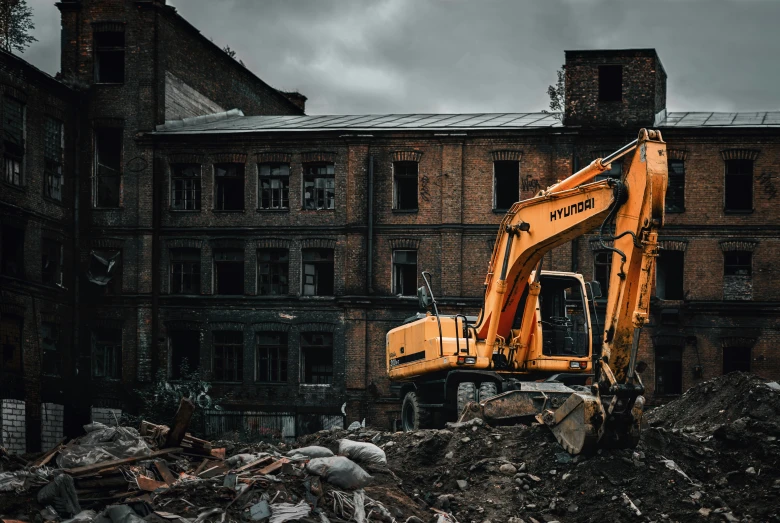1. Introduction
Excavators play a crucial role in modern construction and infrastructure projects. Whether for earthmoving, pipeline installation, or road construction, excavators are indispensable heavy machinery. However, various safety risks are present during excavator operations, which can lead to worker injuries, property damage, and project delays. This article aims to delve into the risks associated with excavator operations through specific case studies and discuss preventive measures.
2. Common Risks in Excavator Operations
The risks associated with excavator operations are diverse, including:
- Equipment Failure: Aging machinery or inadequate maintenance can lead to equipment failure.
- Ground Collapse: Unstable soil structures may trigger collapse incidents.
- Human Error: Operator mistakes are significant contributors to accidents.
- Blind Spot Collisions: Limited visibility during excavator rotation or movement may result in collisions.
- Utility Strikes: Excavations can inadvertently hit underground water pipes and cables.
- Environmental Factors: Adverse weather conditions can affect operational safety.
3. Case Study 1: Equipment Failure
On a construction site, a failure in the excavator’s hydraulic system caused hydraulic oil leakage, rendering the operator unable to control the excavator’s movement, ultimately leading to a serious accident. The incident halted work, resulting in significant financial losses. Lesson Learned: Regular comprehensive checks and maintenance of equipment are crucial to ensuring all machinery is in good working order and preventing accidents.

4. Case Study 2: Ground Collapse
During an underground pipeline project, insufficient geological surveys before construction led to a ground collapse during excavation, trapping two workers. After an emergency rescue, the workers were safely recovered, but the incident severely impacted the construction schedule. Lesson Learned: Conducting thorough geological assessments before starting work can effectively identify potential risks and allow for appropriate protective measures.
5. Case Study 3: Human Error
At a construction site, an operator failed to follow operational protocols, resulting in the excavator working on unstable ground, leading to the machine overturning and causing equipment damage and worker injuries. Lesson Learned: Regular training and evaluation of operators are essential to ensure all operators are proficient in equipment operation protocols, reducing the likelihood of human error.

6. Case Study 4: Utility Strikes
In an excavation project, the construction team accidentally struck an underground water pipe due to insufficient investigation, causing widespread water outages and affecting local residents. Lesson Learned: Professional equipment should be used to detect utilities before construction begins to ensure safety and avoid unnecessary losses.
7. Case Study 5: Blind Spot Collisions
At a worksite, an excavator collided with nearby workers during rotation due to a blind spot, resulting in injuries. Lesson Learned: Utilizing auxiliary monitoring equipment and establishing safety zones can effectively prevent blind spot collisions and protect worker safety.
8. Case Study 6: Environmental Factors
During a construction project, sudden heavy rain caused muddy conditions, leading to the excavator losing control and resulting in an accident. Lesson Learned: Continuously monitoring weather conditions and adjusting construction plans accordingly during adverse weather can reduce safety hazards.
9. Conclusion
Through the above case studies, we see various risks associated with excavator operations and corresponding preventive measures. Construction companies should prioritize safety management, conduct regular risk assessments, and provide training to ensure worker safety and smooth project execution.
10. Additional Resources
- Safety Guidelines Links: Provide links to relevant safety resources and best practices to help construction companies improve safety management.
- Contact Information: For further consultation or inquiries regarding excavator safety management, please contact professional organizations or safety advisors.


